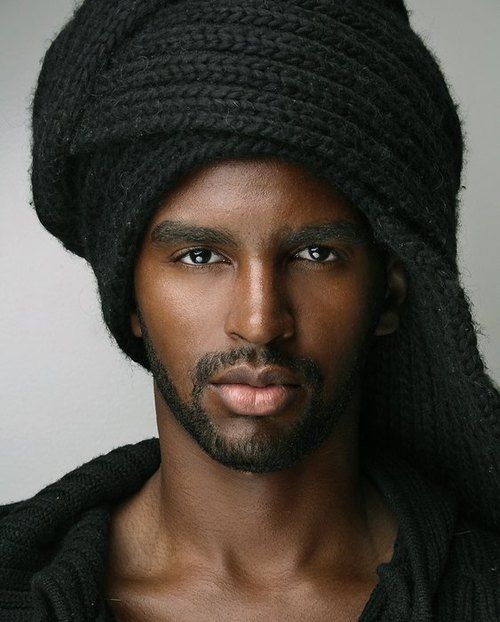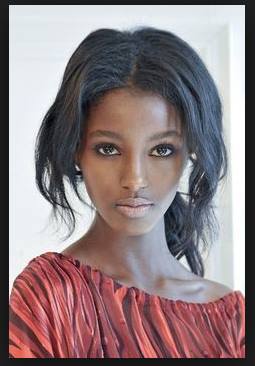Today’s blog post will focus on the average Ethiopian.
In terms of appearance:
– They are beautiful people. Truly striking.
– They are generally tall and thin, with sharp features.
– They are a bit lighter skinned, more resembling their Egyptian neighbors.
– They have large families
 – They wear western clothing (actually Chinese made), although in church they are more traditional. Old people in the country may sometimes wear traditional garb—something you are likely to see in Western reporting, because what’s so interesting about a guy in jeans and a polo shirt?
– They wear western clothing (actually Chinese made), although in church they are more traditional. Old people in the country may sometimes wear traditional garb—something you are likely to see in Western reporting, because what’s so interesting about a guy in jeans and a polo shirt?
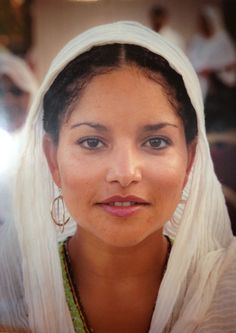
As I note in my video, the average Ethiopian sports icons of Christ and Mary prominently in his and her home. You’ll see them in stores and in cabs and around town. Nearly half the country is Orthodox Christian, 35 percent is Muslim, and the rest Protestant and Catholic.
Not every Orthodox Christian there is devout, but the chances are way higher than in the West. According to Pew Research, 78% of Orthodox Ethiopians say they attend church at least weekly, compared with 10% of Orthodox Christians in Europe and 31% of Orthodox Christians in the United States. And 98% of Orthodox Ethiopians say religion is “very important” to them, compared with 52% in the US and 28% in Europe who say this.
The parts of the country where I have visited—the capital of ten million, Addis Ababa, and the historic north—resembles Southern California. There are mountains, citrus trees, palm trees, and semi-arid vegetation. The weather is typically moderate like L.A.
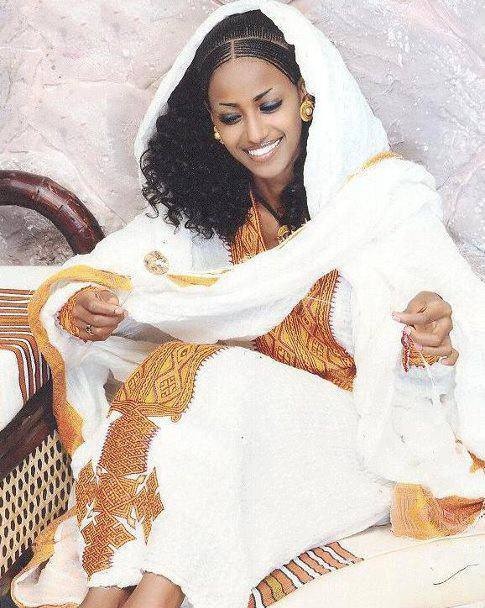
Like many Africans, Ethiopians are generally very, very friendly. This may be because I am a “farange” (white man), but I think it is also reflective of a culture like Japan where being polite is part of the code.
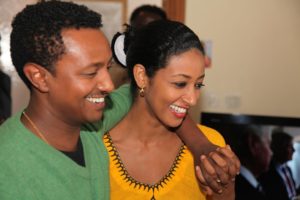
I lived in a hostel for a week with three young Dutchmen working on the water supply in Ethiopia. They had spent time in several other African countries, and they said Ethiopia was unique among them. Why? Yes, they are very kind and friendly, but their historic Christian roots gave them a certain sense of confidence. (Accordingly, Ethiopia serves as the center for Africa’s segment of the UN, the African Union.) One of the Dutchmen lived in Nigeria and said he feared for his life and safety there. “In Ethiopia, you may have your wallet stolen,” he said. “But I don’t fear being hurt.”
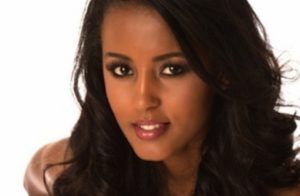
Ethiopians are educated people. Many have graduate degrees. They all speak at least three languages—their native tribal tongue, the unifying national language “Amharic,” and English. Ethiopia is the only sub-Saharan nation with an historic written language (Ge’ez) and this contributes to their deeper educational roots.
Your typical Ethiopian loves Americans, loves Russians, loves Europeans. They get along fine with their Muslim neighbors and have for 1400 years. Heck, they seem to get along with everybody and are perhaps a model to us all. “Well, we do struggle with one country,” a friend there told me, in terms of geopolitics. “We struggle with Egypt.”
For more info and to support this effort, see here.
